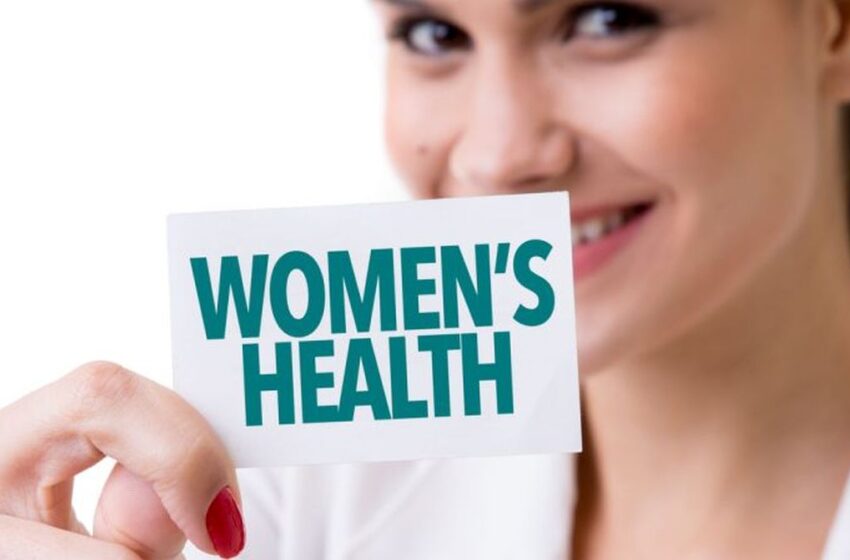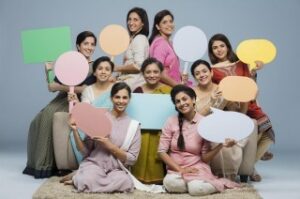Khud Se Pooche campaign enters Patna

Mukta Munshi
Khud Se Pooche has now entered Patna. The women-centric campaign is now asking Patna women to define their own narrative of healthcare. The campaign partners include Sakhi Bihar, Gaurav Gramin Mahila Vikas Manch and a Patna based youth collective led by Ashoka Young Change Maker. The campaign is also garnering support from other organisations such as BihArt, Centre for Catalyzing Change, Population Foundation of India, Lion’s Club of Patna, colleges, and other groups.
The campaign has been launched with an aim to encourage women to take on a self-reflective journey and give voice to their narratives and experiences around dignified healthcare. The project invites women aged 18-30 to take up the role of ambassadors lead this movement for change by initiating a conversation around accessing healthcare services.
It may be noted here that while access to women’s healthcare services has significantly increased, conversations around the quality of care, specifically dignity in healthcare, are almost non-existent. While accessing health services, women and young girls are often judged or disrespected, and not provided with the right guidance. This leads to a lack of information and creates an unsafe space for them to address their needs, thereby deterring many from receiving proper care and treatment.
The selected women ambassadors will be invited to a series of workshops building their leadership, co-creation, and storytelling skills. The ambassadors will have a chance to interact with experts on different issues that affect them, receive a certificate, and work together to co-create a manifesto for change and a symbol to represent dignity for all women of Patna.
“Inherently, women’s healthcare with dignity should be the right of every woman, this should be valued and given attention, not only for women of today but also women and girls for the generations to come, so that all women can access health services without being judged or discriminated, and we can move towards better health outcomes for all women,” says Suman Singh, Secretary, Sakhi Bihar.
“Women are often discriminated against based on their physical experiences. I have faced this too – I believe that conversations and dialogue on dignity can motivate women and increase their access to health services such as family planning services, says Juli Kumari, student of IGIMS.
“Women and girls usually have very basic knowledge. These are life changing decisions – from becoming a mother, to when to become a mother or period related health. Sometimes because of lack of full information, we are unable to feel connected to our body and our decisions. We need to express ourselves, so we can be aware, women around us can be aware and we can talk to healthcare providers without any hesitation or judgement, and start receiving good quality of care,” puts in Priyaswara Bharti, a youth leader from Patna & Ashoka Young Change Maker.



